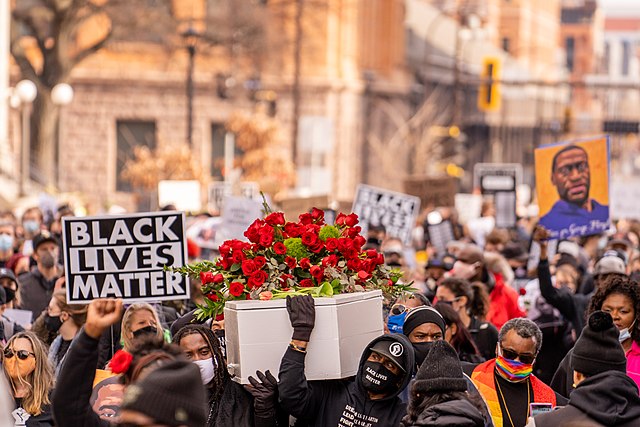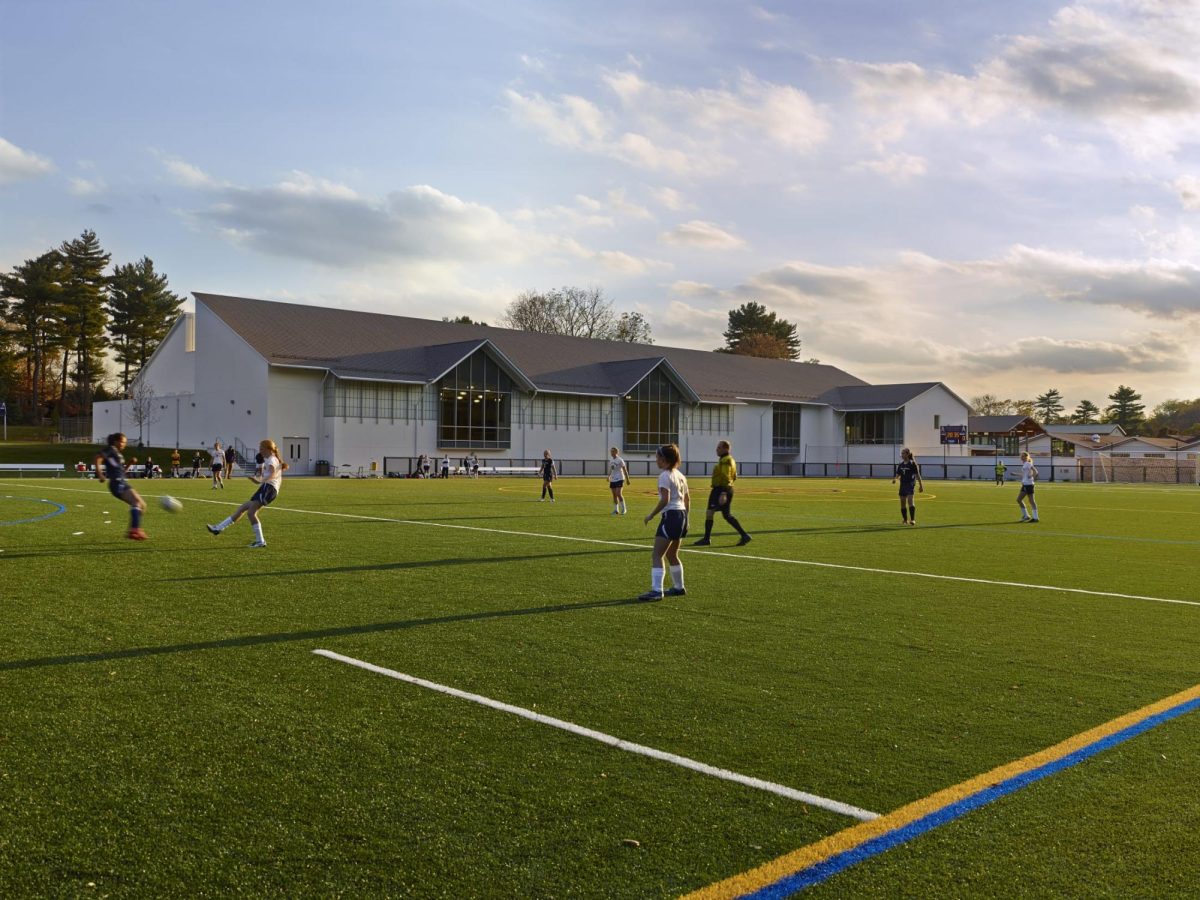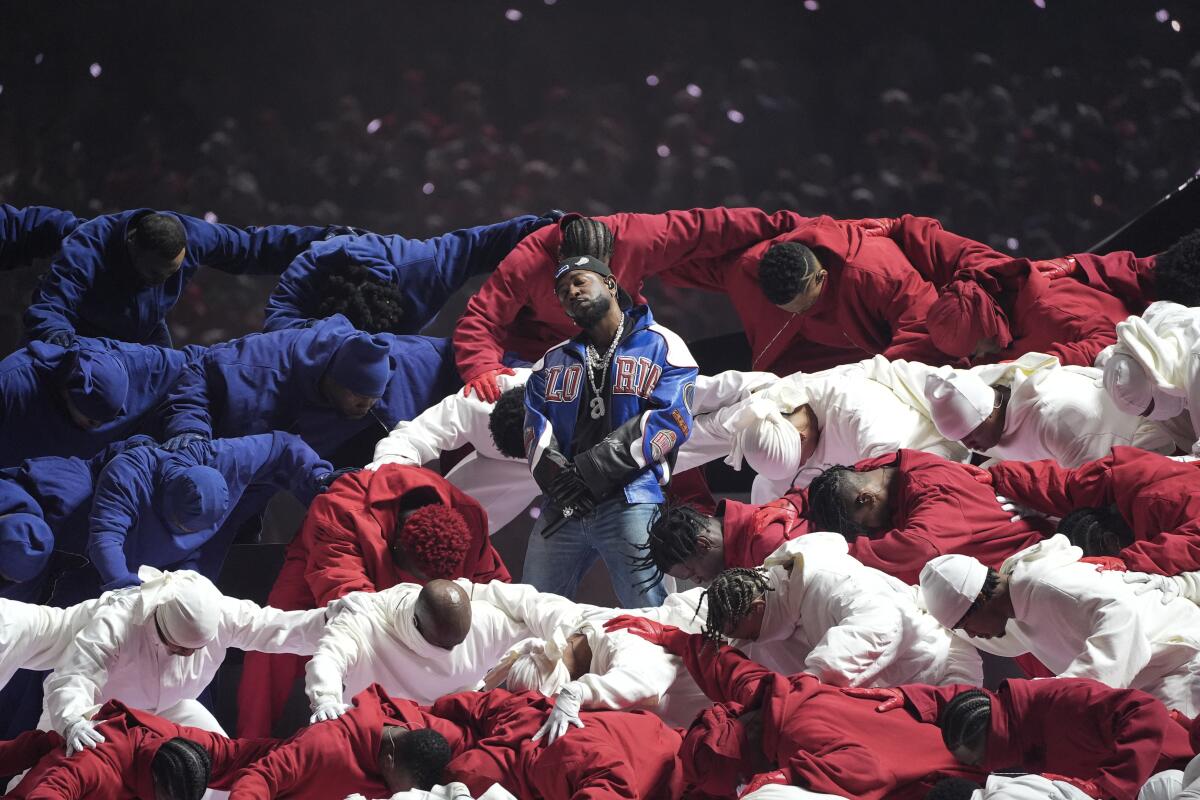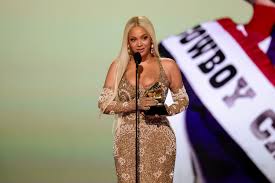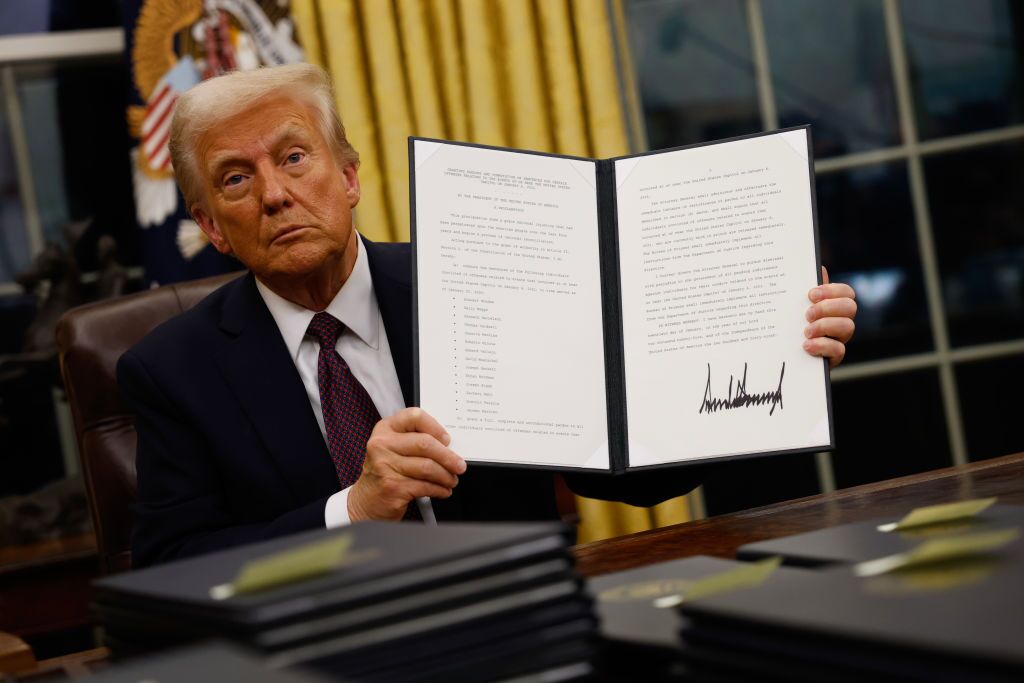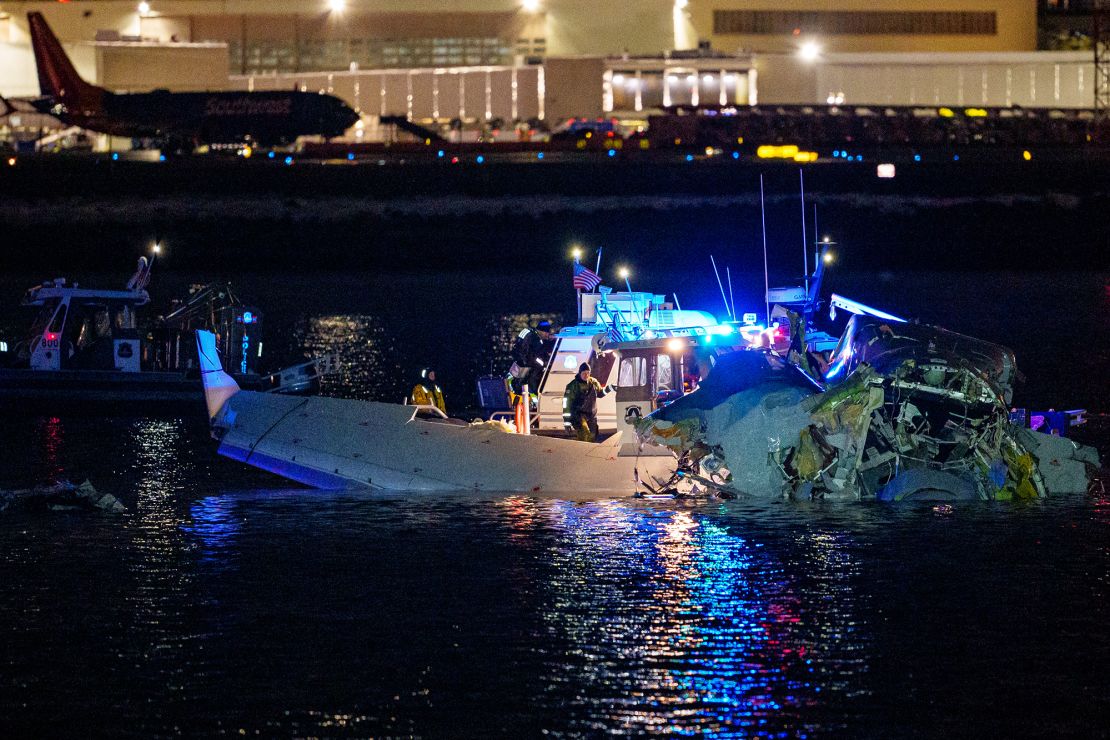As the summer of 2021 approaches, I have done some reflecting on last year’s summer. The summer of 2020 was a summer of accountability, and highlighted the fight that African-Americans and other people of color have had against police brutality in this country. Possibly one of the most horrific and recent cases of police brutality, the murder of George Floyd, caused a nationwide outcry and prefaced a very long summer fighting against racial injustice. Despite his murder occurring last year, George Floyd’s family has still been fighting for justice. The verdict given recently in the highly-publicized criminal case of the State of Minnesota v. Derek Michael Chauvin brings light to the importance and impact of the recent fight for accountability and racial justice. If you haven’t been keeping up with the buzzing media, the trial of Derek Chauvin is a criminal case where former Minneapolis police officer Derek Chauvin has been tried and convicted for the murder of George Floyd during an arrest on May 25, 2020.
The long-awaited trial of Derek Chauvin was held at the Hennepin County Government Center in Minneapolis starting March 8, 2021 through April 20. It was the first criminal trial in Minnesota to be entirely televised, and the first in the state court case to be broadcasted live. The Hennepin County Judge Peter Cahill presided over the case, and Attorney General Keith Ellison led the prosecution in place of disqualified biased County Attorney Michael O. Freeman. Minnesota Assistant Attorney General Matthew Frank served as the lead prosecutor, alongside Jerry Blackwell, Steven Schleicher, and Erin Eldridge. Derek Chauvin was represented by Eric J. Nelson, a defense lawyer who routinely serves as counsel for the legal defense fund of the Minnesota Police and Peace Officers Association. Due to being such a vital part to the case, the jury selection was a very meticulous and long process. During jury selection, prospective jurors were questioned about their views on Black Lives Matter, Blue Lives Matter, defunding the police, and Minneapolis’s $27 million settlement with Floyd’s family. Two seated jurors were excused after news of the settlement changed their ability to be impartial, and twelve anonymous jurors and three alternates were seated as of March 23.
Before the long-awaited trial, Chauvin was arrested on May 29, 2020, and initially charged with third-degree murder and second-degree manslaughter. However, his charges were amended to include second-degree murder, specifically unintentional second-degree murder while attempting to commit felony assault. Unfortunately, Chauvin was released on conditional bail on October 7, 2020, after posting a bond of $1 million. Despite the American public deeming his release as an injustice, Chauvin’s attorneys filed a motion to dismiss the case, claiming that Floyd most likely died as a result of drug use and pre-existing medical conditions. On the same day, prosecutors moved to increase potential sentences for the four officers beyond the guidelines for all four accused, arguing that Floyd was vulnerable and treated cruelly while being held down on the ground in handcuffs. On November 12, 2020, Judge Cahill initially ruled that Chauvin and the other three officers would be tried together, but reversed this ruling finalizing that this case only involves the trial of Chauvin, separate from the other officers on Jan 11, 2021. On October 22, 2020, Cahill dismissed the third-degree murder charge, but not the second-degree unintentional murder and second-degree manslaughter charges. On March 11, 2021, on appeal, Cahill reinstated the third-degree murder charge against Chauvin.
The prosecution began its case on March 29, 2021, and rested on April 13 after 11 days of testimony from 38 witnesses. Similar to the jury choosing process, choosing which witness testimonies to use was very difficult. Originally, about 400 people were included on a list of prospective trial witnesses, but only 38 were called on to testify. Although all 38 testimonies are valuable to the case and the conviction of Derek Chauvin, some memorable witnesses are Jena Scurry, Donald Williams III, and Lt. Richard Zimmerman. Jena Scurry was the 911 dispatcher who received the call about Floyd using a counterfeit bill. She viewed Floyd’s arrest via live video firsthand, and was concerned about the manner of his arrest, leading her to call a police sergeant about the arrest. Donald Williams II was a bystander and professional MMA fighter, who testified that Chauvin’s kneeling on Floyd’s neck was applying a “blood choke,” that Chauvin was “shimmying to get the final choke in” on Floyd, that the arrest procedure was “torture.” He had called 911 on Chauvin because he believed he had “witnessed a murder.” Lieutenant Richard Zimmerman, an MPD homicide investigator, and its most senior officer testified that Chauvin’s kneeling on Floyd’s neck for an extended period of time was “unnecessary” and that such a move “can kill.” Zimmerman further testified that once suspects are handcuffed, “the threat level goes down all the way,” and the police “need to get them out of the prone position as soon as possible because it restricts their breathing.” Along with the testimonies, body camera footage from the four officers involved was entered into evidence and shown at trial.
After the prosecution, the defense began its case on April 13, 2021, and rested on April 15 after two days of testimony from seven witnesses. Despite being a present member in the courtroom, Derek Chauvin decided not to testify in his defense, exercising his Fifth Amendment right. Some of the most memorable testimonies were from Michelle Moseng and David Fowler, who testified in Chauvin’s defense. Michelle Moseng is a retired Hennepin EMS paramedic who assisted Floyd after his previous May 2019 arrest. She testified about Floyd’s high blood pressure, risk of stroke, and use of Percocets. David Fowler, a retired forensic pathologist said that the manner of Floyd’s death should be classified as “undetermined” rather than “homicide.” He testified, “In my opinion, Mr. Floyd had a sudden cardiac arrhythmia … due to his atherosclerotic and hypertensive heart disease … during his restraint and subdual by the police.” He believed both the drugs fentanyl and methamphetamine contributed to Floyd’s death and exposure to vehicle exhaust could have potentially contributed by causing increased carbon monoxide in his bloodstream or even carbon monoxide poisoning. Fowler is notorious for another case he worked on in which Anton Black, a black teenager, died after being restrained and pinned to the ground by three white police officers. Fowler signed a medical report that said the teenager’s death was because of his heart issues and that it was an accident. He is currently facing a lawsuit by the Black family, who are accusing him of concealing evidence and protecting the officers. The ACLU (American Civil Liberties Union) even accused Fowler of “creating false narratives about what kills Black people in police encounters.” Judge Cahill tried to strictly limit mention of Floyd’s past acts and state of mind saying they are not relevant to the case, however, defense attorney Nelson was allowed to open Chauvin’s defense with a video of the May 2019 arrest of Floyd, mentioned by Moseng, relating to previous drug use, suggesting that it showed “a pattern of behavior in which Mr. Floyd responded to the police by panicking, implying that he faked his response.” Closing arguments were made on April 19, 2021, after Cahill announced on April 15 that the “evidence is now complete for this case.” For the prosecution, Schleicher opened his statements saying “His name was George Perry Floyd Jr.,” adding later that Chauvin’s killing of Floyd “wasn’t policing, [it] was murder.”
Jury deliberation began on April 19, 2021, following closing arguments. On April 20, the jury announced it had reached a verdict after ten hours of deliberation. Chauvin was found guilty on all three counts, becoming the first white Minnesota police officer to be convicted of murdering a black person. After the verdict was read, Chauvin’s bail was revoked and he was remanded into custody by the Hennepin County Sheriff’s Office, which transferred Chauvin to the Minnesota Department of Corrections. Chauvin was then booked into the Oak Park Heights maximum-security state prison and to be held in solitary confinement for 23 hours a day. Currently, Chauvin faces a maximum of 40 years in prison, but Minnesota sentencing guidelines suggest a sentence of 12.5 years as Chauvin is a first-time offender with no prior criminal history. The official sentencing hearing will take place eight weeks after the date of the verdict, which will be around June 15, 2021.
The fight for justice paid off. George Floyd’s family had support from people before, during, and after the verdict. On March 7, 2021, several hundred protesters marched in downtown Minneapolis one day ahead of jury selection and rallied outside the courthouse to mourn Floyd’s death. On March 8, about a thousand protesters gathered peacefully outside the courthouse to call for justice for Floyd and raise broader issues of racial injustice. On March 28, one day ahead of opening statements, several rallies and protests were held in Minneapolis. Floyd’s family and civil-rights activist Al Sharpton hosted a vigil on March 28 at the Greater Friendship Missionary Baptist Church in Minneapolis. The fight for justice for George Floyd was a long and difficult journey, but it ultimately was all worth it in the end, no matter the verdict. After hearing this verdict many families and activists have newfound hope for ultimate justice victims of police brutality, worldwide.
Upon hearing the verdict, not only the United States celebrated, but the entire world. Canadian Prime Minister Justin Trudeau welcomed and praised the verdict and said that Americans had seen “accountability for the murder of George Floyd,” but warned about continual efforts against systemic racism in the United States. British Prime Minister Boris Johnson said he had been “appalled” by Floyd’s murder and that his thoughts were with Floyd’s family. London Mayor Sadiq Khan said that the verdict must be the “beginning of a real change, not the end,” and sympathized with Floyd’s family. This verdict was not only a step closer to fighting police brutality in the United States but the world’s fight against police brutality and for racial justice. Although accountability was enforced, the fight for racial justice and against police brutality is far from over.
Chauvin, Derek. “A Day-By-Day Recap of the Derek Chauvin Murder Trial.” Star Tribune, Star Tribune, 15 Apr. 2021, www.startribune.com/derek-chauvin-murder-trial-george-floyd-minneapolis-police-what-happened-recap/600046459/. Accessed 10 May 2021.
Pross, Katrina. “A Who’s Who Guide to Main Players in Derek Chauvin Trial | Duluth News Tribune.” Duluth News Tribune, Duluth News Tribune, 27 Mar. 2021, www.duluthnewstribune.com/derek-chauvin-trial/6956900-A-whos-who-guide-to-main-players-in-Derek-Chauvin-trial. Accessed 10 May 2021.
Wikipedia Contributors. “Trial of Derek Chauvin.” Wikipedia, Wikimedia Foundation, 8 May 2021, en.wikipedia.org/wiki/Trial_of_Derek_Chauvin#cite_note-12jurors-46. Accessed 10 May 2021.
